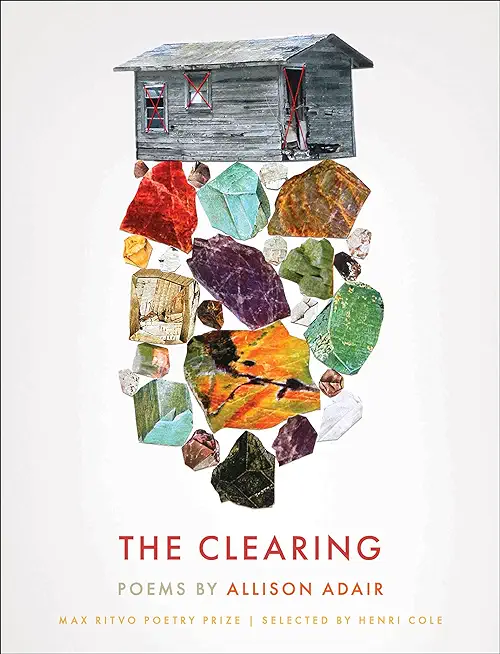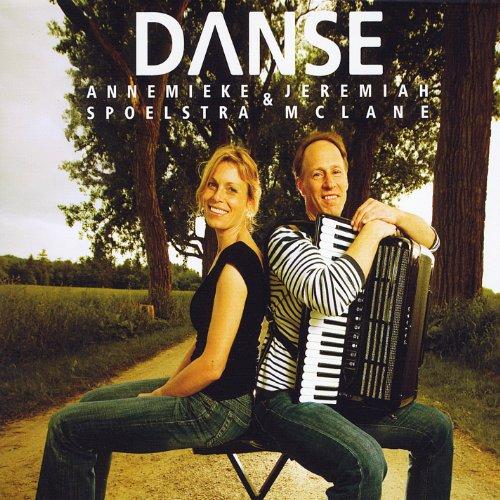
description
ry Prize, The Clearing navigates the ever-shifting poles of violence and vulnerability with rich imagination and a singular incisiveness, "asserting feminist viewpoints and mortal terror in lush musical lines" (New York Times). The women in Allison Adair's debut collection-luminous and electric from the first line to the last-live in places that have been excavated for gold and precious ores. They understand the nature of being hollowed out, of being "the planet's stone / core as it tries to carve out one secret place and fails." And so, as these poems take us from the midst of the Civil War to our current era, they chart fairy tales that are at once unsettling and painfully familiar, never forgetting that cruelty compels us to search for tenderness. "What if this time," they ask, "instead of crumbs the girl drops / teeth, her own, what else does she have." Adair sees the dirt beneath our nails, both alone and as a country, and pries it gently loose until we remember something of who we are, "from before . . . from a similar injury or kiss." There is a dark tension in this work, and its product is wholly "an alchemical feat, turning horror into beauty" (Boston Globe).
member goods
No member items were found under this heading.
Return Policy
All sales are final
Shipping
No special shipping considerations available.
Shipping fees determined at checkout.







